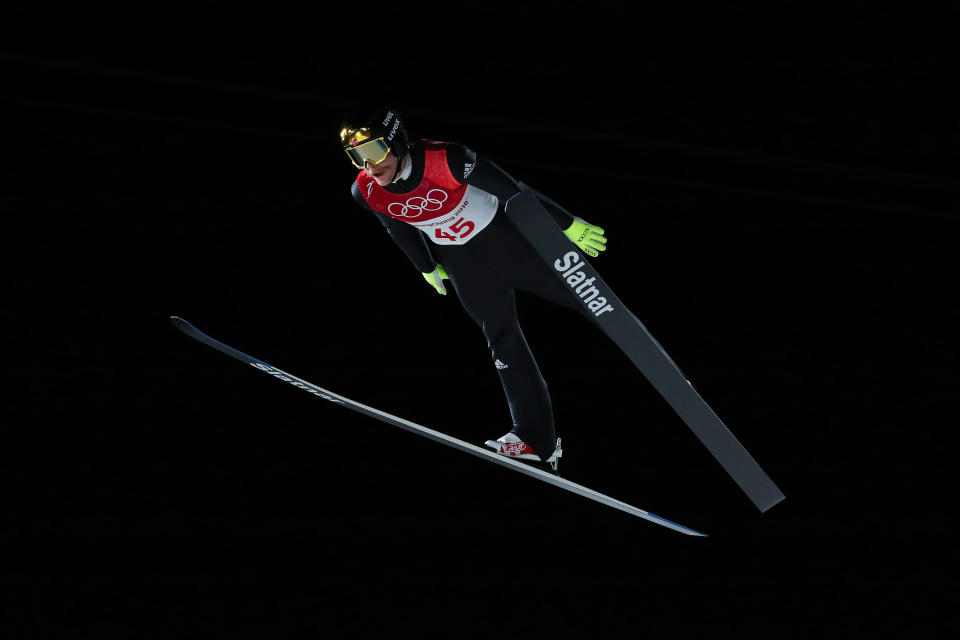Why Norway doesn't list the weight of its Olympic athletes
The red and indigo blue flag of Norway has been a ubiquitous presence at the Olympic Games these past few weeks. With nine golds, nine silvers and another seven bronzes, the Norwegians have made the podium 25 times with a week left, eight more than Germany and 15 more than a struggling United States team.
Because this is the Olympics, a massive platform for niche sports, there is an abundance of information, both relevant and entirely useless but fun nonetheless, on athletes most Americans would otherwise have never heard of. One could know, for instance, how long bronze medalist ski jumper Robert Johansson has been preparing his magnificent mustache, or that gold medalist skier Oystein Braten doubles as a ping pong player and that he’s been using Volkl skis since he was 14.

But there’s one piece of information that you won’t find about any Norwegian athletes: Their weight.
Unlike many countries, Norway doesn’t publicize the weight of its athletes, a policy designed to be sensitive to weight-related eating disorders.
Eating disorders are nothing new, though the increasing transparency towards them is. According to the National Eating Disorders Association, 20 million American women and 10 million men suffer from a clinically significant eating disorder at some time in their life. Many of those are athletes, particularly athletes who rely on fitting a certain image, like figure skating or gymnastics.
A little more than a year ago, Gracie Gold, one of the stars of the 2014 Sochi Games who won a bronze medal in figure skating, withdrew from the 2018 U.S. Championships and, by extension, any possibility of competing in the 2018 Olympics, citing an eating disorder as one of the underlying reasons.
Romanian gymnast Nadia Comăneci, who at 14 years old in Montreal in 1976 became the first gymnast to be awarded a perfect 10 at the Olympic Games — she did so seven times that year — en route to five medals three of which were gold, has acknowledged suffering from eating disorders.
Nancy Kerrigan, a two-time Olympic medalist who has recently been thrust back into the spotlight in the wake of the movie, I, Tonya, is developing a documentary, Why don’t you lose five pounds? about athletes and eating disorders.
There is, of course, no direct correlation to listing an athletes’ weight and it leading to an eating disorder, though Norway sees no point in listing the weights anyway. And besides, these are the Olympic Games, and the Norwegians are leading in the only number that really matters: medal count.
More Olympic coverage from Yahoo Sports:
• Ligety’s son doesn’t care that ‘daddy sucked at work today’
• British short-track skater Christie doubtful for 1,000M after injuring ankle
• Wetzel: Nagasu was once an Olympian hidden in plain view
• Passan: Why Kenworthy’s celebratory kiss is kind of a big deal
• Olympian has sudden, surprising reunion with estranged mom


